The director of the Figueres-based NGO, with presence in Kenya, explains how they have maintained their activity during the pandemic and reviews the current situation of the organisation.
Covid-19 has put to the test the drive and resilience of international cooperation in Catalonia. Since a year and a half ago, the advent of the virus has forced many organisations to rethink their work and look for new ways to carry it out in order to adapt to a world subject to the yoke of the pandemic and its consequences.
Today, it’s undeniable that the situation arising from Covid has put in jeopardy many international cooperation entities, which continue to have many difficulties to withstand the onslaught of the pandemic. Restrictions on travel, the growing difficulties in finding funding or the obligation to adapt projects to current circumstances are just some of the obstacles that have complicated the work of these organisations.
Children of Africa is a volunteer association that has been working since 2010 to improve education, healthcare and autonomy in rural villages in Kenya, in the Kinango area. Susanna Gómez, president and co-founder of this NGO that was born in Figueres, explains how the life of the association took a turn in March 2020. “It affected us a lot, we’re a small NGO and we relied heavily on the events we organised to raise funds, as well as public aid, and the pandemic stopped everything”, she tells Xarxanet.
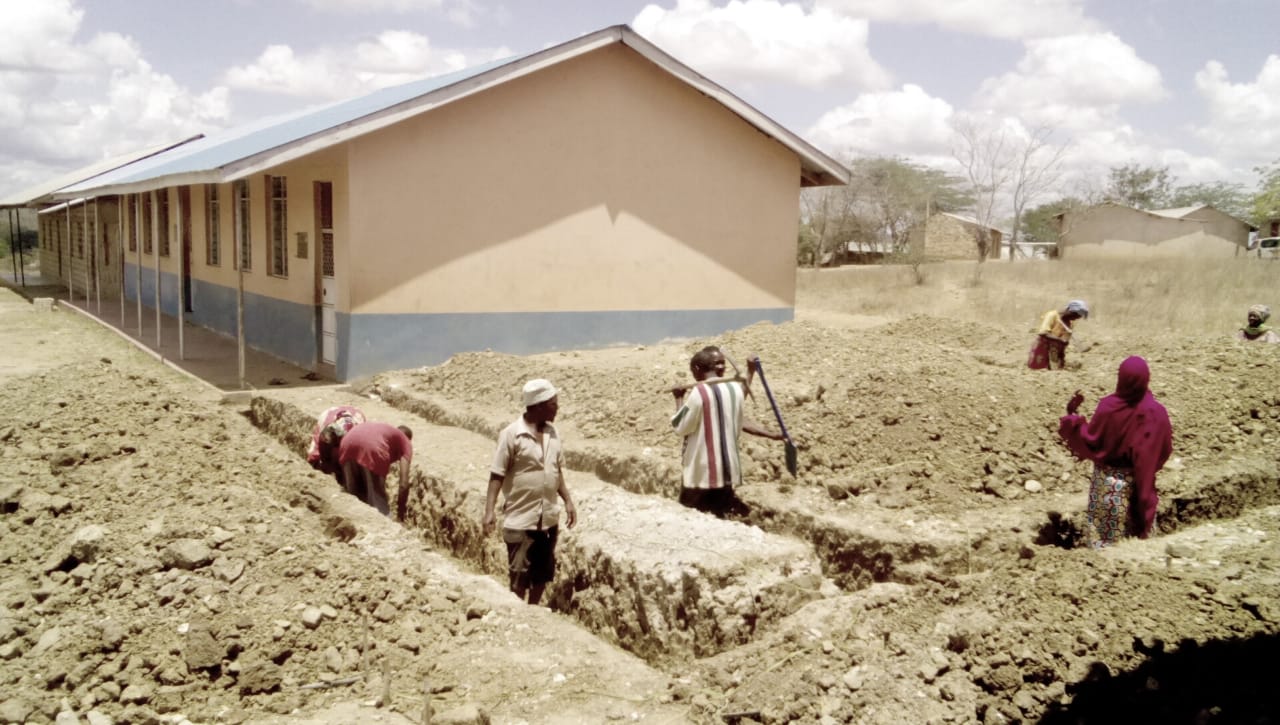
Looking for alternatives to continue
As an example of this negative effect, volunteer travel to Kenya last summer, as well as this year, had to be cancelled. In fact, Susanna explains that this year, after much hesitation and waiting until the last minute, they finally decided to suspend volunteer travel again.
"Everything was very unstable, with new waves and the arrival of the Delta variant, and we decided that it would be irresponsible to go ahead because it meant putting the people from the area—where the virus is quite contained—at risk, and also our volunteers, given that if anything happened there are no means, no ICU or respirators. We didn't want to take that chance," she points out.
However, despite all the hardships caused by the pandemic, Children of Africa has not stopped. On the contrary, the organisation has looked for alternatives and new ways of doing things to adapt to the current situation and move forward. An example of this is one of the main events the organisation puts on, the Barañain-Tsunza charity race, which the NGO’s volunteer team sets up every year, with great success in terms of participation. Last year they were unable to hold the fifth edition of the race, and this year they decided to look for new strategies to organise the event.
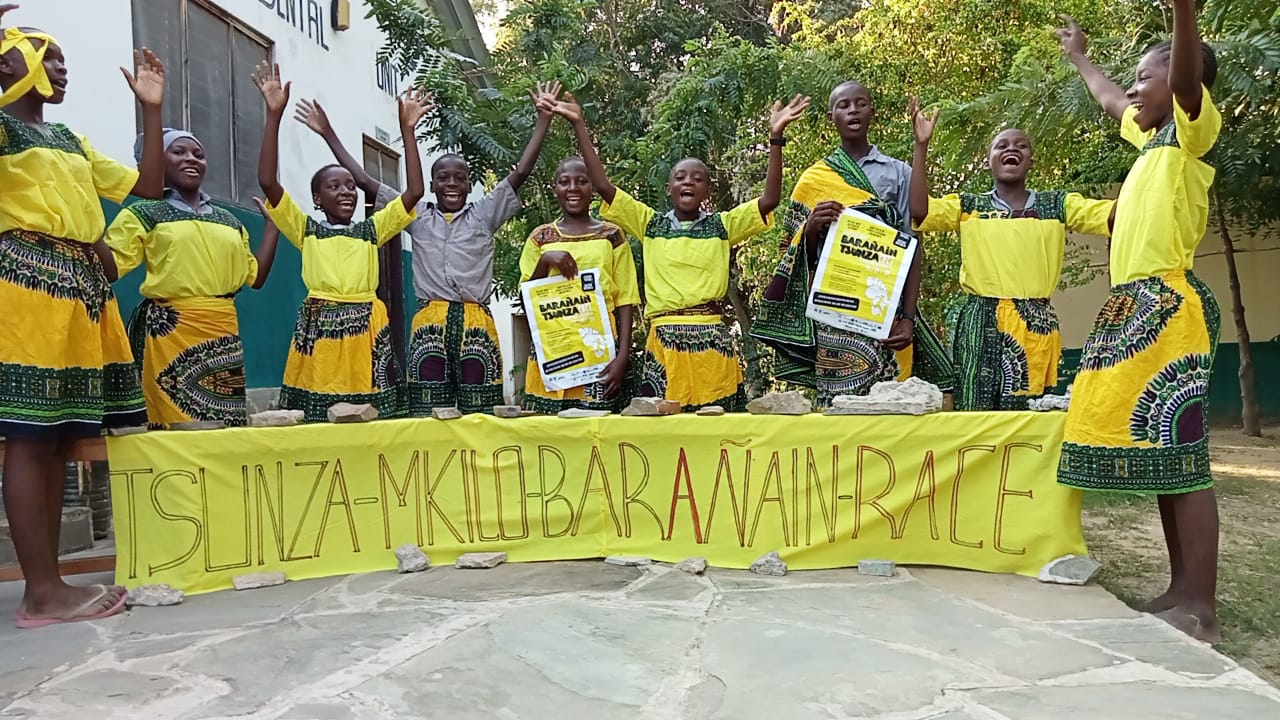
"We didn't want to stop everything for two years for all the people who have been following us and we chose to change the format of the race and make it virtual, which allowed us to open participation to more people, and the truth is that we were pleasantly surprised by the great involvement of so many people who decided to participate; in the end we managed to gather almost 600 people and raise about 5,000 euros", explains Susanna, who says that this success gave them a lot of encouragement because it showed them that there were alternatives that made it possible to keep doing things.
Education, healthcare and women as central subjects
Proceeds from the race have been donated to projects run by the organisation in Kenya, which have continued to operate despite the pandemic. These are structured around three central subjects. On the one hand, education, an area in which the NGO supports the construction of schools —such as Cape of Good Hope, in the rural village of Tsunza, or the Mbandy Primary School, in Mbandy—and sends school supplies, among other things.
In the field of healthcare, Children of Africa provides support and covers the needs of medical centres in area towns. In Tsunza, together with the Italian NGO Maisha Safi, they helped build the town's medical centre from scratch, which opened in 2013. Since then, it has been offering support to help improve its services, facilities and equipment.
In addition, the NGO helps organise medical camps, in which doctors including ophthalmologists and oncologists from abroad—since there are no such specialists there—spend a day at the centre offering free medical check-ups and medicine to the people who come. This April, for example, they launched one such camp that focused on cancer.
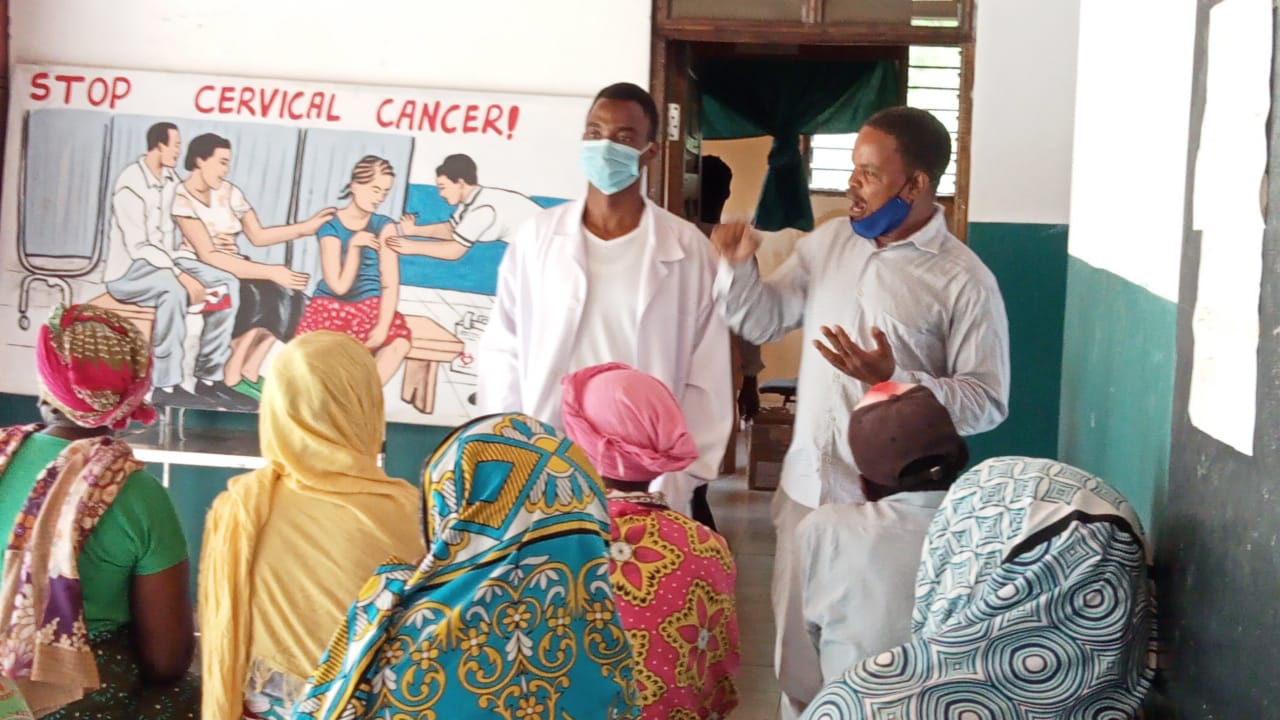
The third subject for the NGO is women's groups. The field of gender equality is considered key by the organisation, so they have worked to empower three groups of women who make products such as bracelets, backpacks, hair bands and clothing that volunteers and members of Children of Africa then sell in Catalonia and the rest of Spain.
The pandemic has also complicated the monitoring of projects for many organisations, but the way Children of Africa works doesn’t require constant supervision because, as Susanna explains, they’re an NGO “that doesn’t do charity, but international cooperation, we give support to projects that already exist”. In addition, they work with a counterpart, the Kenyan association CODAK, which knows the area, its problems and its resources. For this reason, the lion’s share of the projects is managed in Kenya—the projects are already underway and the organisation helps in whatever way they can.
However, the director of the organisation explains that some projects have been greatly affected, such as the women's group, given that the products the women make are collected by members of the NGO and sold in Catalonia and the rest of Spain.
"In this area the pandemic has been felt heavily: in 2019 we contributed about 7,500 euros and in 2020 this figure plummeted to 1,400," says Gómez, who, however, admits that this year it seems that everything is restarting: "this August we will make a donation of 2,000 euros, which we have raised from January until now, and at the end of the year we hope to get 1,000 or 2,000 more".
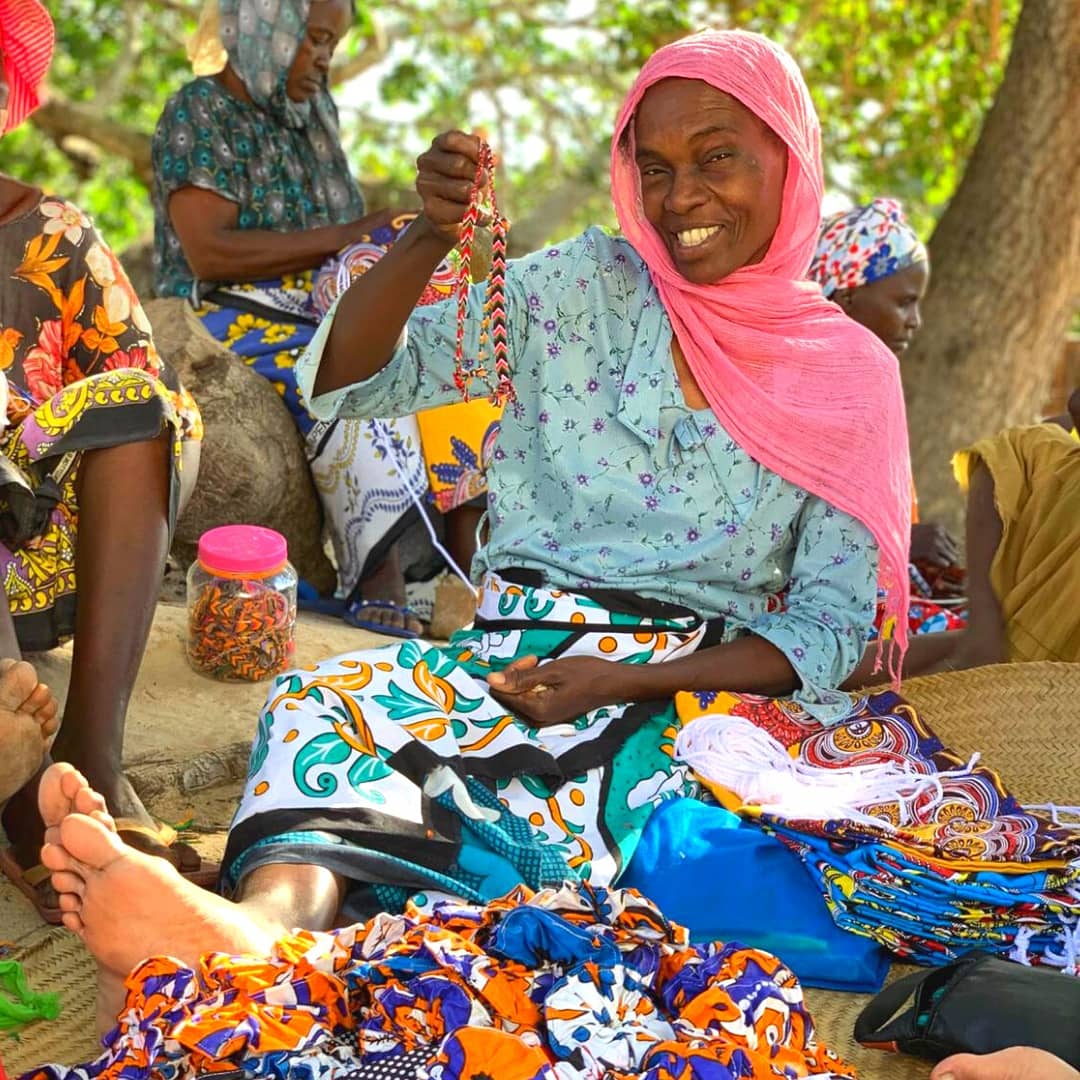
A future that must be glimpsed with hope
The fact is that, after enduring the worst of the pandemic, the NGO hopes to rise again. "We’re happy and hopeful because everything seems to be restarting, the public aid we received is coming back little by little, for example that from the city council of Uterga, in Navarra, where we have a branch, or a contribution from the city council of Figueres to build a classroom in a school", points out Susanna Gómez.
What has not suffered during the pandemic have been the contributions from members, those people who have been collaborating with Chidren of Africa for years, and most of whom have continued helping the organisation. "We thought we would lose a lot of members, but the people who collaborate with us have remained faithful and, except for some specific cases of people who have lost their jobs or gone through many difficulties, everyone has continued contributing", she says.
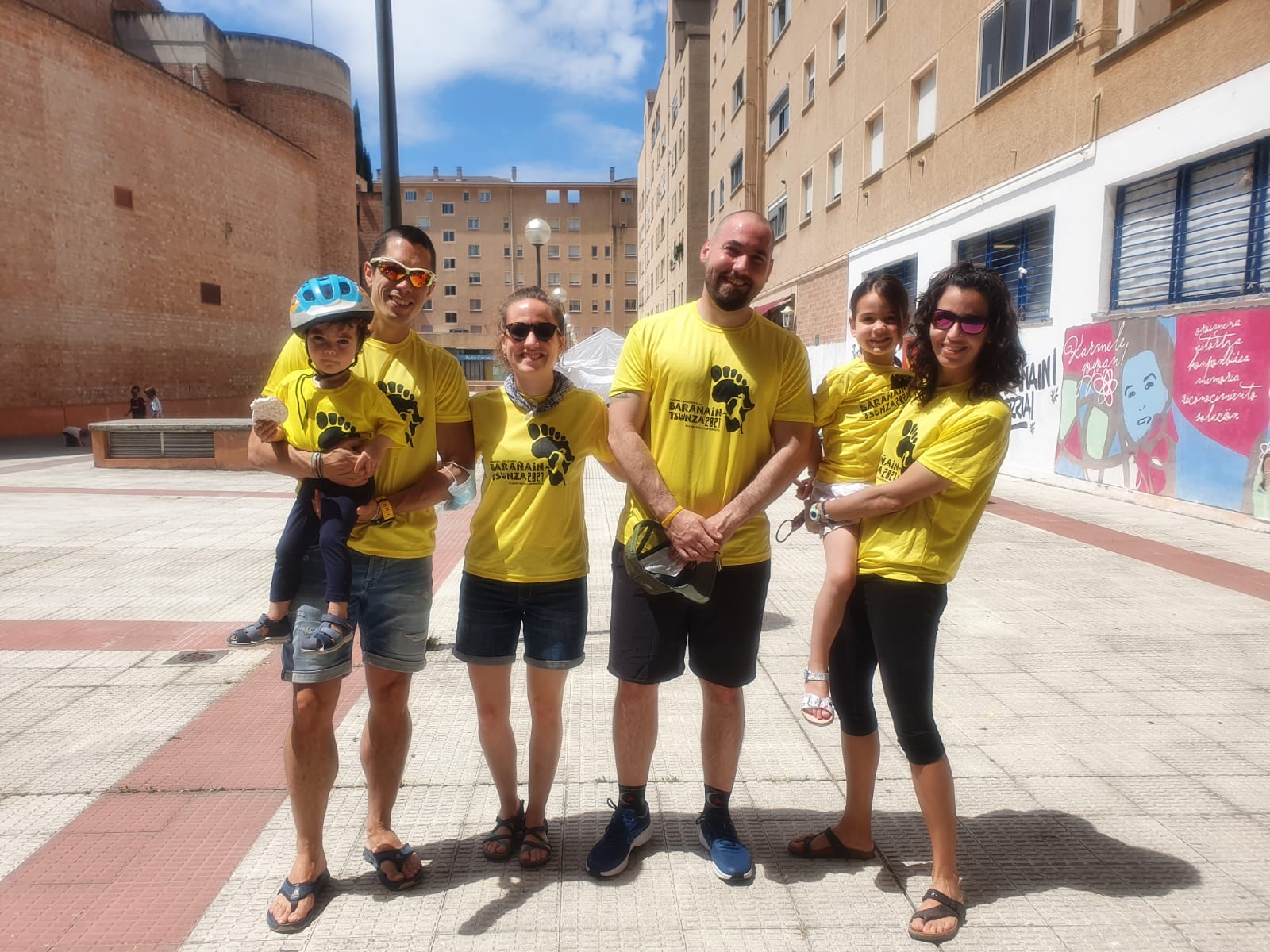
For example, Susanna explains, the sponsors who help pay for school supplies, uniforms and books for children who go to school in Kenya continued to pay their dues, even though last year almost the entire school year was suspended due to the pandemic.
Something they also hope to recover are their volunteer training and awareness activities here in Catalonia, such as workshops in schools, a task they consider basic to raise awareness and to explain how Children of Africa works.
"We practise responsible cooperation; we think it's very important to break with the old idea of helping Southern countries, which was rather paternalistic and focused more on charity than cooperation," she explains. All of this stopped during the pandemic, but has also started to come back.

This is why, despite all the difficulties, the NGO looks to the future with optimism and is satisfied with how things are evolving. Additionally, everything is a learning experience, and Children of Africa has been able to resist, reinvent themselves and look for alternatives to continue their work to improve the situation of people living in the Kinango region, from where, for now, they have no intention of moving.
"It’s one of the most impoverished areas in Kenya and when we started we decided that we wouldn’t spread ourselves thin and we’d focus on this area until it’s alright in terms of healthcare and education," concludes the NGO's director.
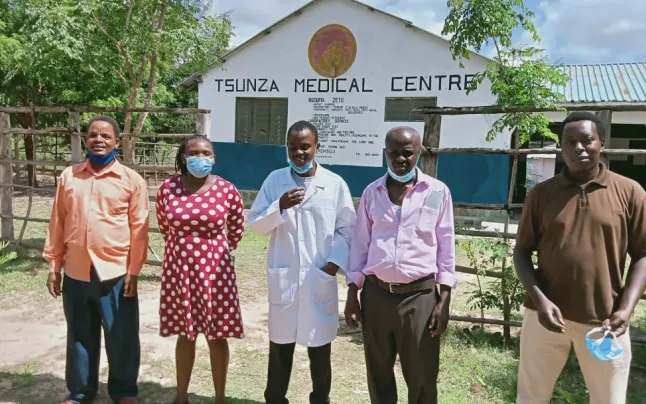

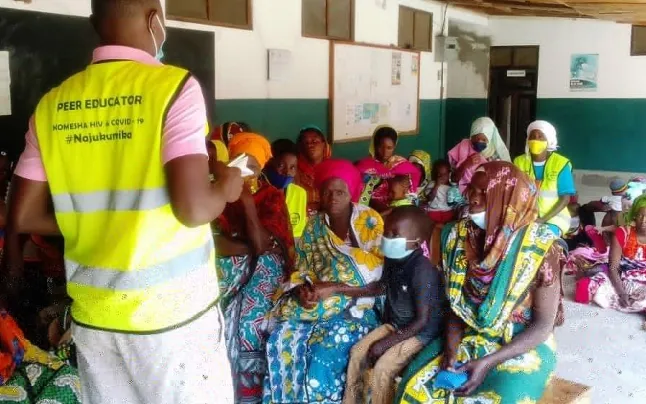



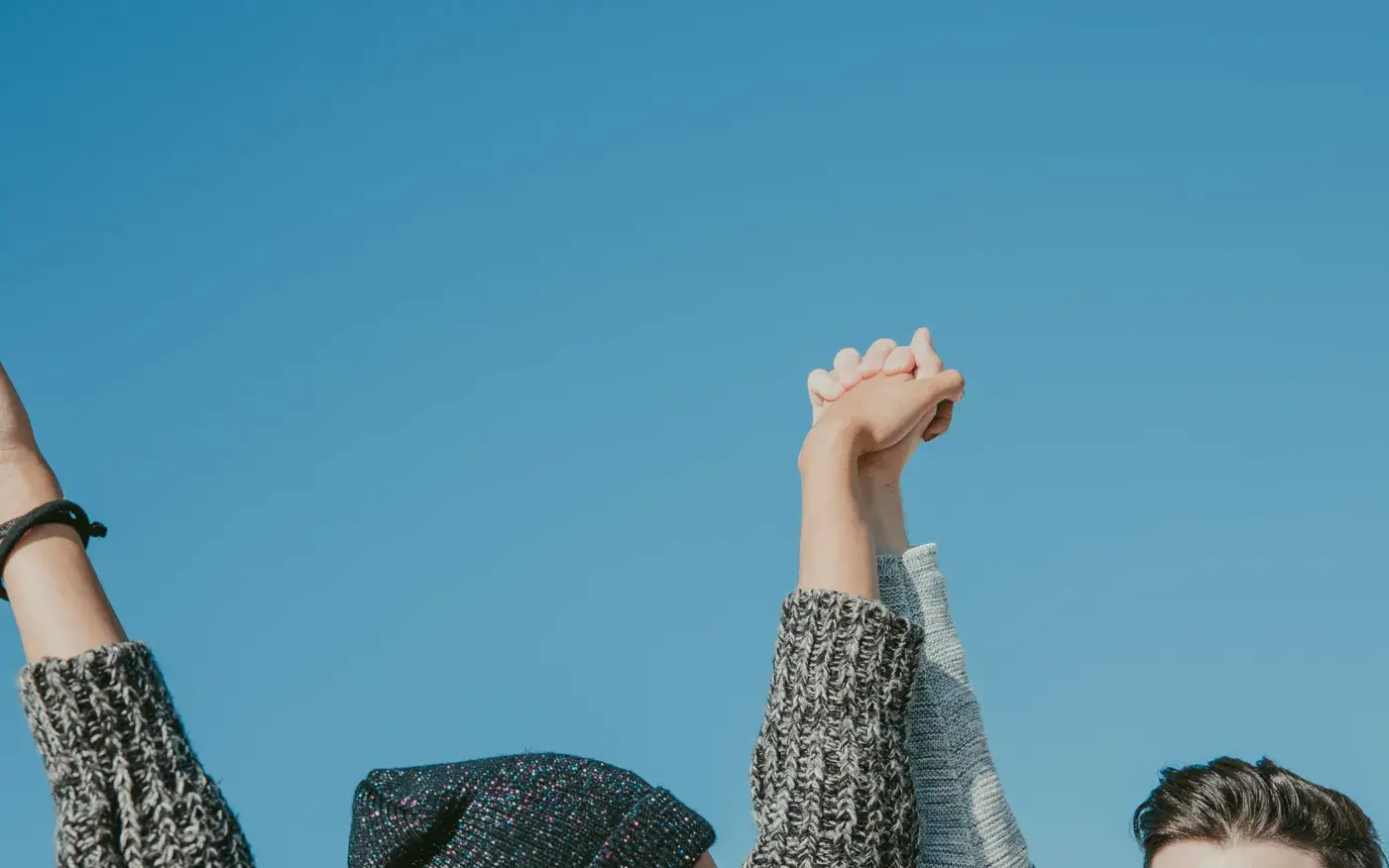

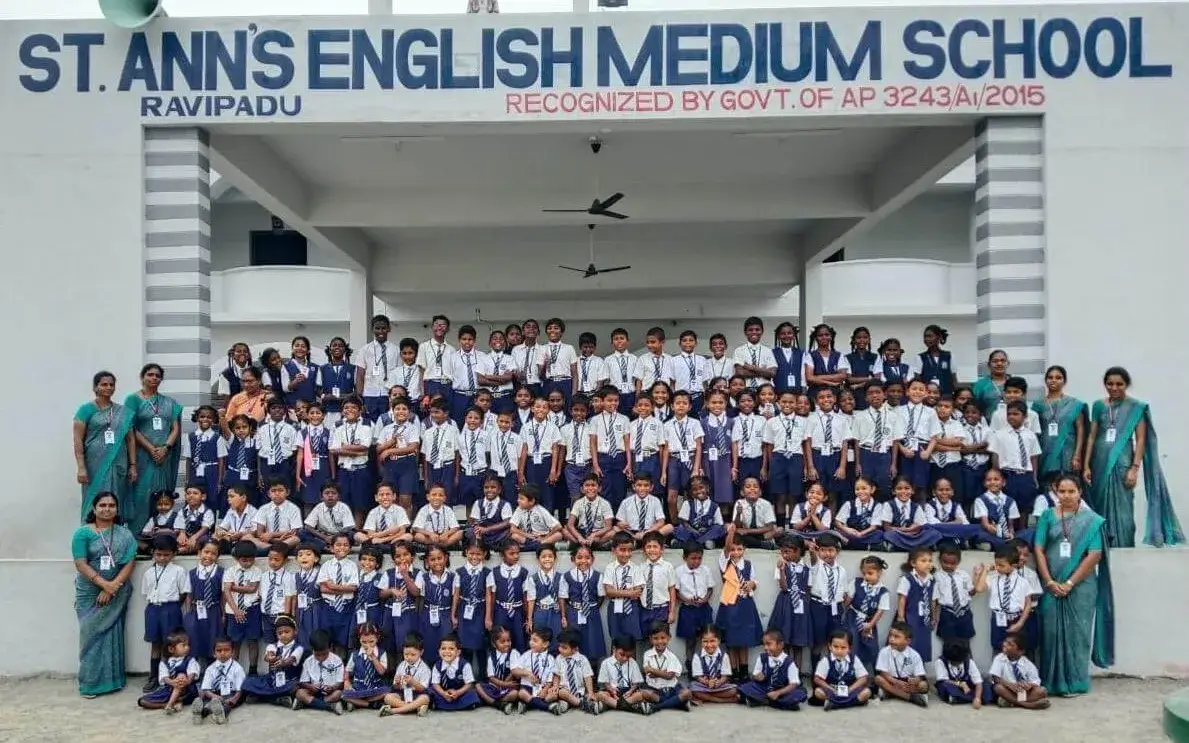
Add new comment